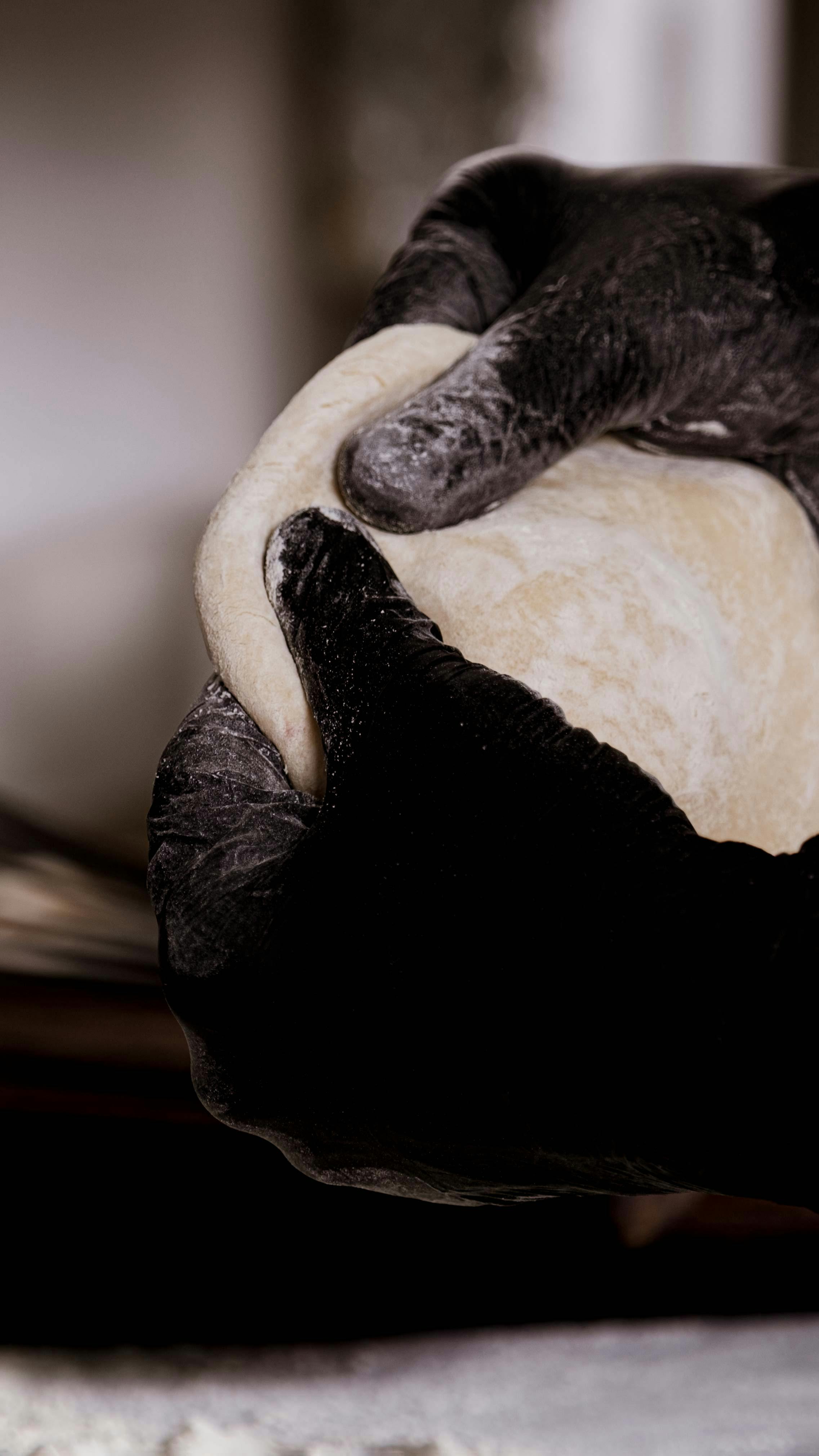
Apply Now

 Through this comprehensive guide, you now possess the insights and necessary preparations to pursue a career as a correctional officer effectively. Each aspect from requirements and training to overcoming challenges has been discussed, ensuring you are well-informed as you embark on this rewarding path in law enforcement.
Through this comprehensive guide, you now possess the insights and necessary preparations to pursue a career as a correctional officer effectively. Each aspect from requirements and training to overcoming challenges has been discussed, ensuring you are well-informed as you embark on this rewarding path in law enforcement.
Essential Guide to How to Become a Correctional Officer in 2025
As society increasingly focuses on the effectiveness and safety of the criminal justice system, the role of a correctional officer becomes more critical than ever. Correctional officers are responsible for maintaining order, enforcing rules, and ensuring the safety of both inmates and staff within correctional facilities. The demand for these professionals is projected to grow, making it a promising career path for those interested in law enforcement and public safety. In this essential guide, we will explore the various aspects of becoming a correctional officer, including the requirements, training, job descriptions, and benefits. You will also gain insights into the skills needed to excel in this challenging yet rewarding profession. Whether you are just starting your journey or considering a career change, this article will provide you with the necessary knowledge to embark on this path. Key takeaways from this article include a detailed overview of the expectations for a correctional officer, information about the required qualifications and certifications, and tips on how to navigate the application process successfully.Understanding the Requirements to Become a Correctional Officer
To begin your journey as a correctional officer, it's vital to understand the basic requirements that need to be fulfilled. These usually include educational qualifications, background checks, and specific training.Educational and Training Qualifications
Typically, a high school diploma or GED is the minimum educational requirement to become a correctional officer. However, many agencies prefer candidates with an associate’s or bachelor’s degree in criminal justice or a related field. Additional training often includes mandatory correctional officer training academies where physical fitness, conflict resolution, and emergency preparedness are emphasized.Criminal Background and Health Assessments
Most correctional facilities require candidates to pass a thorough background check, which may include criminal history, employment verification, and potentially drug screenings. Health assessments are also critical, as correctional officers are expected to maintain a good level of physical fitness due to the nature of their job, which may involve physically confronting aggressive inmates.Certification and Licensing Requirements
In many states, aspiring correctional officers must obtain certification after completing specific training programs. This certification often includes passing written tests and demonstrating practical skills applicable to correctional work. It is essential to check with your local jurisdiction about specific requirements and processes. Building on these fundamentals, let us delve into the training necessary for becoming a successful correctional officer.Correctional Officer Training: Preparing for Success
The training period for correctional officers encompasses a wide range of skills, focusing not just on enforcement but also on rehabilitation and inmate interactions.Entering the Corrections Academy
Training typically begins with enrollment in a corrections academy, which is critical for acquiring the foundational knowledge required for the job. The academy covers various topics such as law enforcement procedures, ethical considerations, and inmate management techniques.Physical Conditioning and Skills Development
Physical fitness is integral to the training process, as correctional officers must be capable of responding swiftly during emergencies. Training programs also include mock scenarios where candidates practice confinement procedures and handling emergencies effectively.Communication Skills for Correctional Officers
Effective communication is vital in a correctional environment. Officers learn techniques for de-escalating conflicts and building rapport with inmates, which can significantly reduce tensions and promote safety within correctional facilities. This naturally leads us to understanding the life of a correctional officer and the duties they perform daily.Job Description of a Correctional Officer: Daily Duties and Responsibilities
Being a correctional officer is not just about maintaining order; it's about actively engaging with inmates and ensuring a rehabilitative environment.Daily Responsibilities and Safety Protocols
Correctional officers monitor inmate activities, conduct regular inspections, and ensure compliance with established regulations. Maintaining security within the facility is paramount, and officers must be adept at identifying potential threats to safety.Handling Inmate Behavior
A significant part of the role involves managing and responding to inmate behavior effectively. This may require applying conflict resolution techniques and utilizing training in understanding behavioral assessments.Emergency Response Procedures
Officers must be well-versed in emergency procedures, such as response protocols during riots, fires, or medical emergencies. Hand-on training and simulations can better prepare officers for real-world scenarios.Exploring Salary and Benefits of a Correctional Officer
Understanding the salary and benefits associated with becoming a correctional officer is essential for making an informed career decision.Correctional Officer Salary Expectations
The salary of a correctional officer can vary significantly based on location and experience. As of 2025, the average salary is expected to be competitive, with increases for those who pursue advanced training and certifications.Benefits and Career Advancement Opportunities
In addition to salary, correctional officers often enjoy various benefits, including health insurance and retirement plans. Furthermore, there are abundant career advancement opportunities within the correctional system, from specialized training roles to management positions.Job Security and Demand in the Field
Given the growing emphasis on the criminal justice system, job security for correctional officers remains strong, with projections for job growth over the coming years. This stability is paramount for individuals seeking long-term careers in law enforcement. Now, let’s address some common challenges faced by correctional officers and how to navigate them effectively.Challenges of a Correctional Officer: Overcoming Obstacles
Working in a correctional facility comes with unique challenges that can impact both mental and physical well-being.Dealing with High-Stress Situations
Correctional officers regularly face high-stress scenarios, from potential violence to handling high-risk inmates. Developing coping strategies and participating in mental health training are crucial for maintaining resilience in this demanding environment.Maintaining Professionalism Under Pressure
Professionalism is essential, especially when communicating with inmates or managing conflicts. Officers are trained to adhere to a code of ethics, fostering a safe environment for themselves and the individuals in their care.Strategies for Mental Health Support
Support networks and peer mentorship programs can significantly benefit correctional officers. Working together and access to mental health resources can improve overall job satisfaction and performance. Now that we've explored challenges, let's shift our focus to key personal qualities that can enhance a correctional officer's effectiveness.Essential Skills and Personal Qualities for Correctional Officers
Adding to the formal qualifications, certain personal qualities and skills enhance the positively impactful work of correctional officers.Building Rapport with Inmates
Establishing trust and communication with inmates is critical. Officers trained in diversity training and effective communication strategies can create a more conducive environment for rehabilitation.Interpersonal Skills and Teamwork
The ability to work well in teams is essential for maintaining operational efficiency within facilities. Correctional officers must collaborate extensively with fellow officers and staff to ensure the facility operates smoothly.Physical and Mental Fitness
The role requires not only physical fitness to handle emergencies but also strong psychological preparedness. Officers engaged in ongoing training and development programs can distinguish themselves in this field. With this foundational knowledge, let’s move to a Q&A section addressing common inquiries about becoming a correctional officer.Q&A: Common Questions About Becoming a Correctional Officer
What is the first step to apply for a correctional officer job?
To apply, complete the necessary educational requirements and seek opportunities at local correctional facilities. Visit their websites to identify openings and specific application procedures.What tests do correctional officers need to pass?
Candidates typically must pass written exams and possibly physical fitness tests designed to assess their suitability for the role.How is team dynamics important in a correctional facility?
Teamwork is crucial, as correctional officers rely on each other to maintain security, respond to emergencies, and manage inmate behavior effectively.What are the best ways to prepare for correctional officer interviews?
Research common interview questions, understand the facility's policies, and demonstrate knowledge of ethical considerations in corrections during your interview.What opportunities are available for career advancement in corrections?
Many correctional officers can advance to supervisor roles, training positions, or specialize in rehabilitation programs or administrative functions.
 Through this comprehensive guide, you now possess the insights and necessary preparations to pursue a career as a correctional officer effectively. Each aspect from requirements and training to overcoming challenges has been discussed, ensuring you are well-informed as you embark on this rewarding path in law enforcement.
Through this comprehensive guide, you now possess the insights and necessary preparations to pursue a career as a correctional officer effectively. Each aspect from requirements and training to overcoming challenges has been discussed, ensuring you are well-informed as you embark on this rewarding path in law enforcement.